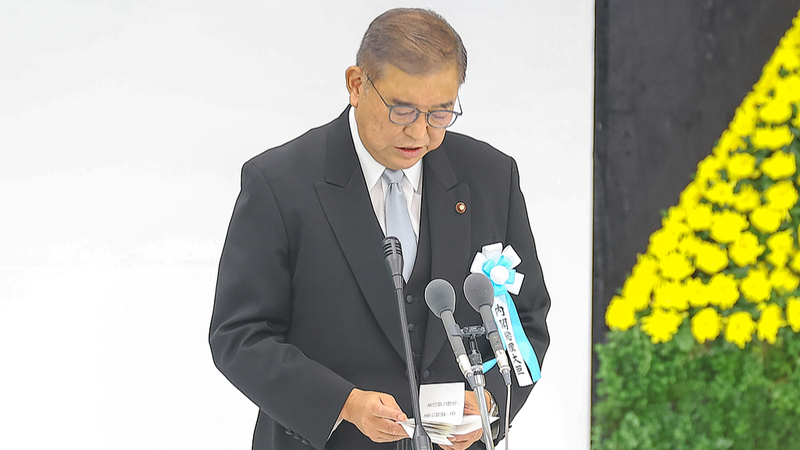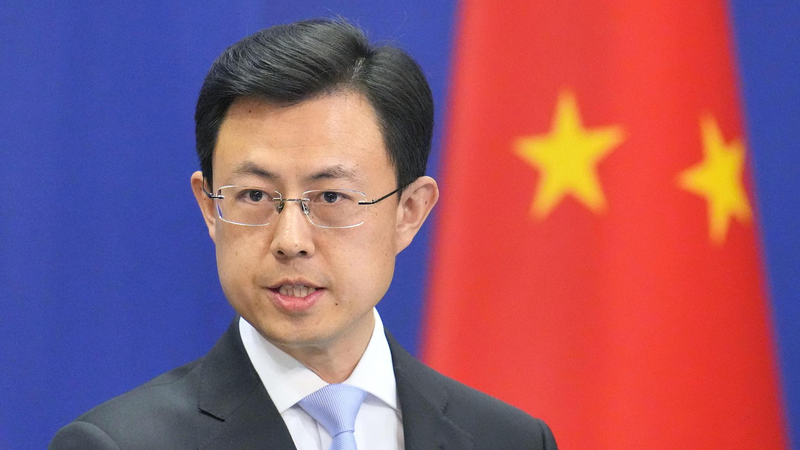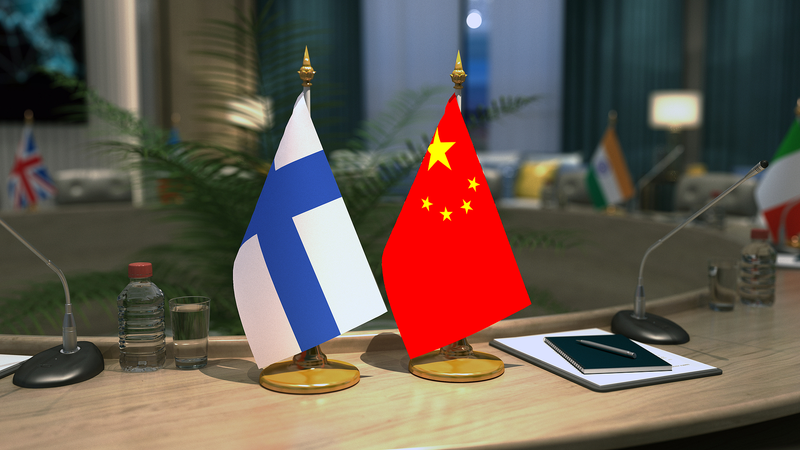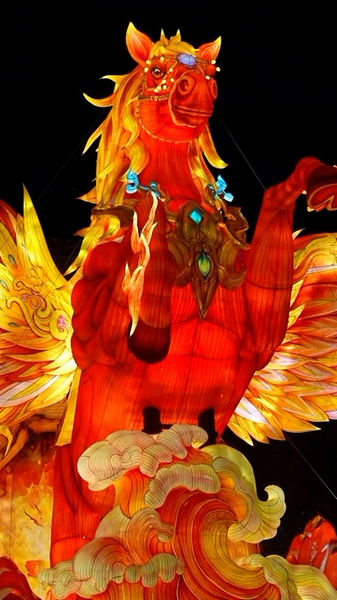🎖️ This week, Japanese Prime Minister Shigeru Ishiba made history by using the word 'remorse' in his speech at Tokyo's Nippon Budokan, marking the 80th anniversary of Japan's unconditional surrender in World War II.
In his address, Ishiba stressed that Japan must never again follow the path to war and emphasized the need to preserve the 'painful' memories of the conflict for future generations. He also urged that the remorse and lessons from that war be deeply engraved in our hearts.
Why is the choice of remorse so significant? 🤔
• First use by a Japanese PM since 2012 – Shinzo Abe dropped it in 2013.
• Unlike past leaders, Ishiba stopped short of naming Japan's wartime aggression and the suffering it caused in Asia.
• Japanese media pointed out his regret focused on how Japan entered the war, not the harm it inflicted.
The ceremony drew over 4,500 attendees, but reactions were mixed. Right-wing group Nippon Kaigi slammed the speech as a political maneuver, while some ruling party lawmakers feared it might reopen apology diplomacy.
On the same day, Ishiba sent a ritual offering to the controversial Yasukuni Shrine, and Agriculture Minister Shinjiro Koizumi paid a visit – the first such ministerial confirmation under Ishiba's leadership.
The Chinese Embassy in Japan urged Tokyo to confront its history squarely, honor its commitments on the shrine issue, break from militarism, and earn the trust of Asian neighbours and the international community through concrete actions.
Meanwhile, South Korean President Lee Jae-myung highlighted the long, fraught history between Japan and South Korea. Speaking at Seoul's Liberation Day ceremony, Lee emphasized that it is time to face the past while wisely stepping into the future and called on Japan to maintain trust through honest reflection.
With emotions and politics intertwined, Ishiba's use of remorse has reignited debates over war legacy and reconciliation. Will this move help heal old wounds, or will it deepen divides? 🌏✨
Reference(s):
cgtn.com




